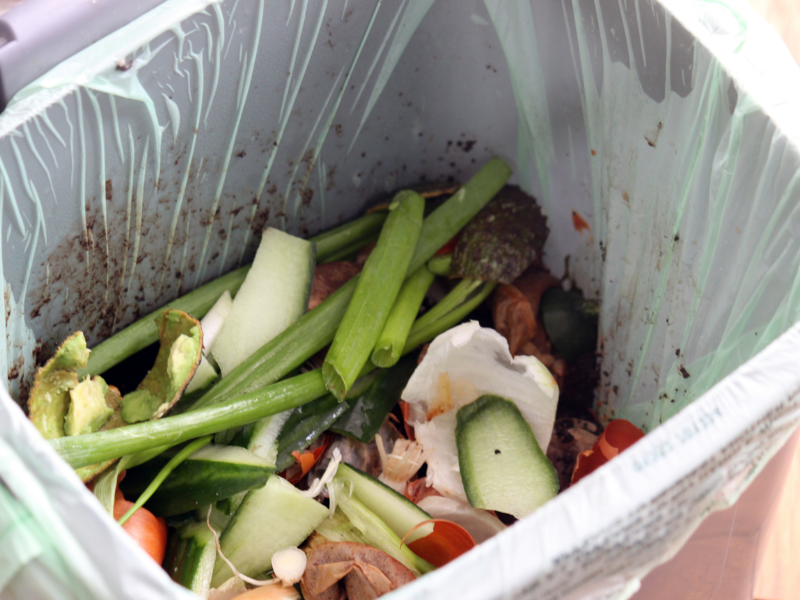According to the U.S. Agency of International Development, food production will be limited on a global scale by 2050. Senior science advisor Dr. Fred Davies predicts that the world population will increase by 30 percent, reaching 9 billion people. This population boom will require a 70 percent increase in food production to meet global demand. As food prices continue to rise and a global shortage looms, it’s crucial to ensure that you have adequate food and water storage at home.
In recent months, there has been increasing concern about the global food supply. Factors such as poor crop yields, pestilence, diseases, flash floods, water shortages, city expansion onto farmland, and extreme heat waves have all contributed to the problem. With these domino effects, food prices are expected to double by 2030.
Food Waste vs. Food Loss
It’s important to understand the difference between food waste and food loss. Food waste occurs at the consumer level, while food loss happens during production. In North America, over 253 pounds of food are wasted per person each year. The average family throws away about $2,200 worth of food annually. In contrast, people in developing nations waste between 13 and 24 pounds of food per year.

One of the keys to becoming more self-sufficient is being mindful of the food you bring into your home and getting creative with how you use certain ingredients. Here are some tips to help you reduce food waste and prepare for a potential global food shortage:
- Shop frequently: Purchase only what you need to avoid overbuying and wasting food.
- Freeze food: If you have food that may spoil before you can use it, freeze it for later use.
- Don’t buy in bulk: Only buy in bulk for items you will use quickly to prevent spoilage.
- Compost food scraps: Rather than throwing food scraps away, compost them to create nutrient-rich soil and reduce landfill waste.
Additionally, to be better prepared for the global food shortage, it’s important to stock up on long-lasting food options such as freeze-dried produce, meals, and other essentials. Most freeze-dried foods have a shelf life of up to 30 years and can be easily reconstituted with just a small amount of water in 10 to 30 minutes. Freeze-dried meals are portioned for a 2,000 to 2,400-calorie diet, ensuring minimal waste.
At The Ready Store, we want you to be ready—not scared—when it comes to preparing for the future.
To help make food and water storage more accessible, we’ve launched an innovative technology called the ReadyQ.
This service allows you to prepare at your own pace. Simply add items to your “Wish List,” set up a payment method, and schedule regular shipments of your emergency supplies. It’s an easy way to start preparing without feeling overwhelmed.













